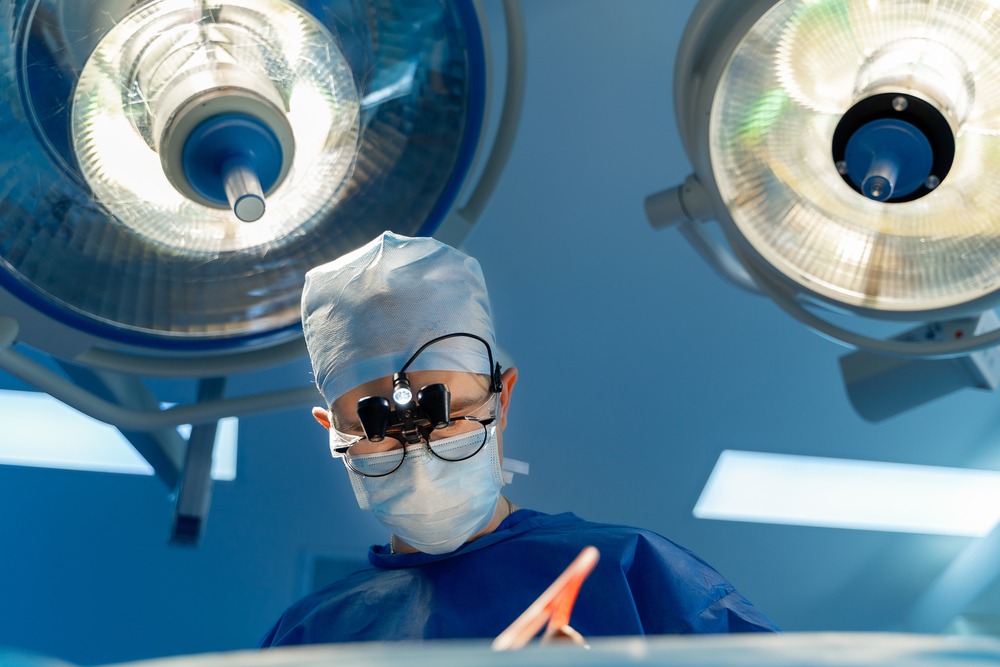With Covid-19 lockdown measures lifting in Japan, analysts expect the country's minimally invasive neurosurgical device market to grow substantially

The neurosurgical devices market suffered a slump in Japan as elective procedures were put on hold (Credit: Shutterstock/Terelyuk)
The minimally invasive neurosurgical devices market in Japan is expected to rebound after a period of delayed or deferred procedures with a compound annual growth rate (CAGR) of 7% over the next five years.
This is according to data and analytics company GlobalData, which had its analysts create a forecast for the market in a new report.
The Covid-19 pandemic has forced hospitals in Japan to delay many elective procedures, but as the government has eased the lockdown measures in place, some of these surgeries have been able to resume, paving the way for what the analysts expect will be a period of growth.
GlobalData medical devices analyst Anusha Kaushik said: “Neurological procedures have been strongly impacted by Covid-19 over the past year.
“With the easing of lockdown measures, elective neurosurgical procedures are expected to resume at a higher rate.
“In addition, the availability of Covid-19 vaccines is expected to lead to further growth in the elective neurosurgical procedure volumes.”
GlobalData’s report, Minimally Invasive Neurosurgical Devices (Neurology Devices) – Global Market Analysis and Forecast Model (Covid-19 Market Impact), reveals that Japan’s minimally invasive neurosurgical devices accounted for 33% of the Asia-Pacific market in 2020.
But they are expected to grow in the next five years, driven by the growing incidence of stroke, intracerebral haemorrhage and technological advancements in diagnostics.
Top players in Japan minimally invasive neurosurgical device market
According to the report, Penumbra Inc, Integra Life Sciences Holdings Corp, and Stryker Corp are the leading players in Japan, together accounting for 60% of the market in 2020.
“As more clinical trial results are released confirming the benefits of minimally invasive neurosurgery, GlobalData predicts that their use will become more standard, as more guidelines are built and more specialists become comfortable with the technique,” said Kaushik.
According to Kaushik, aspiration irrigation system disposable hand pieces accounted for about 80% of the minimally invasive neurosurgical devices market in Japan in 2020.
“The aspiration irrigation system has numerous applications in brain tumour surgeries, arteriovenous malformations (AVMs) and intracerebral haemorrhage, and is expected to drive the growth of the minimally invasive neurosurgical devices market in the next five years,” she added.
